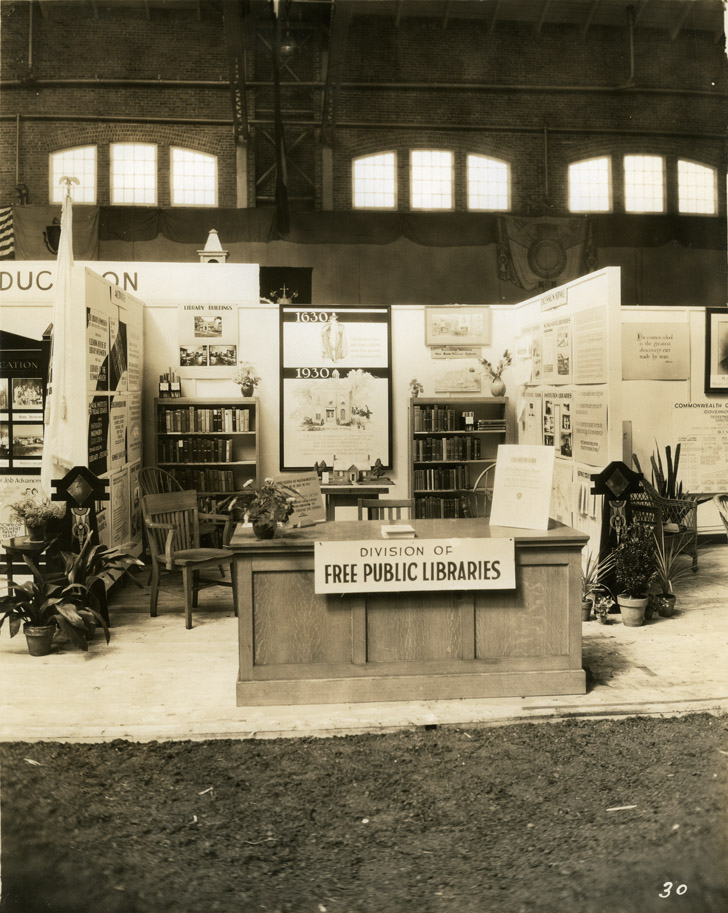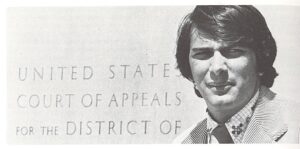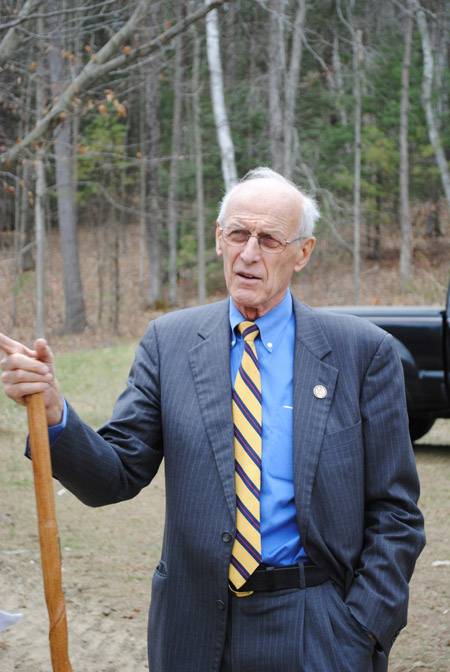Massachusetts Constitution Revision Collection
In the early 1960s the Council for Constitutional Reform, a nonpartisan citizen organization seeking to promote economical and efficient state government, called for a constitutional convention to convene in Massachusetts. The group cited the state’s national reputation for corruption and public immorality as reasons for amending the constitution, while others argued that the state’s problems, primarily governmental waste, a cumbersome state tax structure, and inefficient state agencies, could only be resolved by the legislature and governor. Opponents to the convention argued too that the cost of such a convention, in total more than $2 million, would only increase the financial burden of the state.
Correspondence and position statements arguing both sides of the debate offer insight into the politics of the 1960s as well as the public’s response to the political climate in the Commonwealth. Newspaper clippings trace the movement for constitutional reform from early proposals to the approval of four amendments during the November 1964 election.




